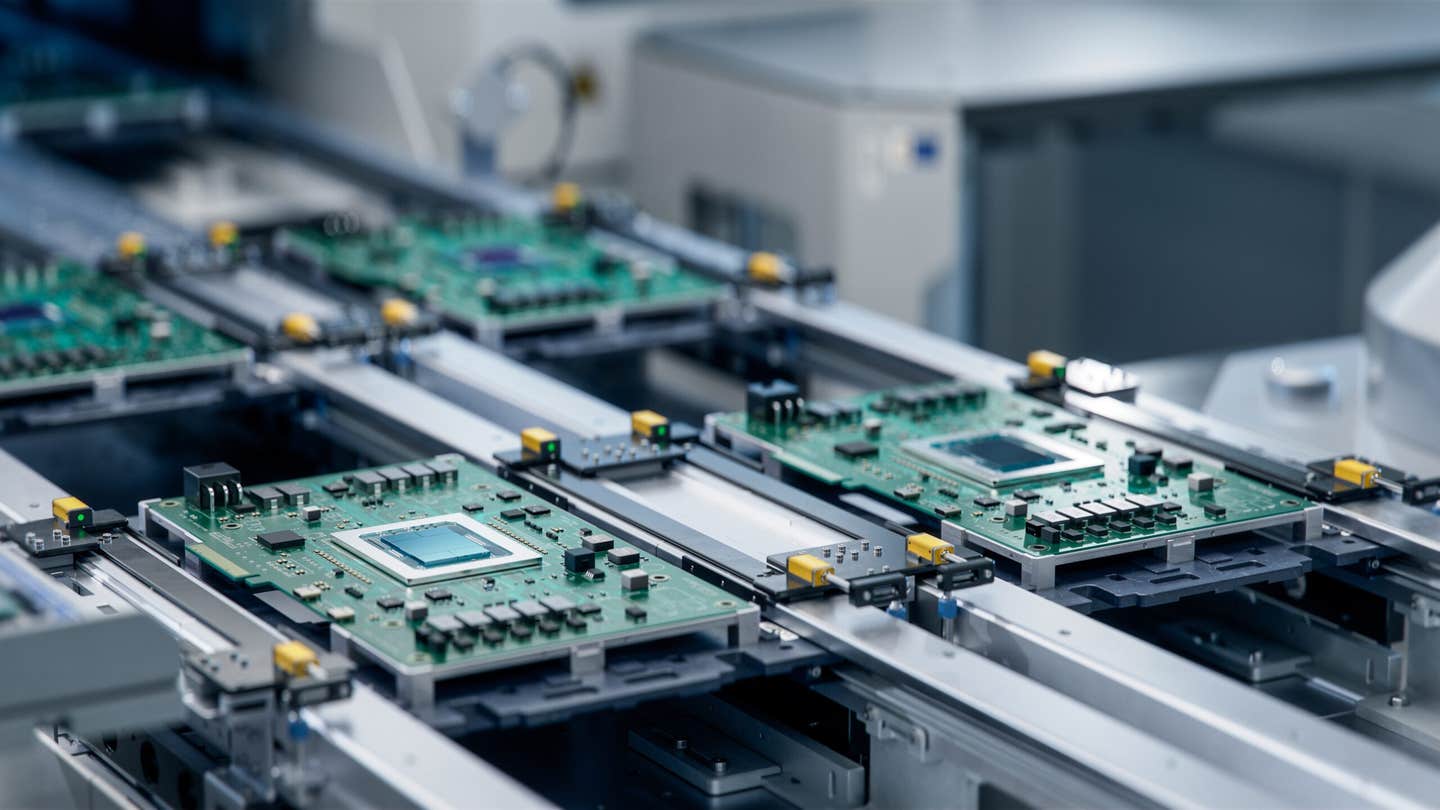Groundbreaking study links human breast milk to brain health and development
Findings may have profound implications for enhancing infant formulas, particularly in situations where breastfeeding isn’t feasible.

[Nov. 3, 2023: Staff Writer, The Brighter Side of News]
Study unveils a link between a specific micronutrient in human breast milk and significant benefits to the developing brains of newborns. (CREDIT: Shutterstock)
In a groundbreaking discovery, scientists at the prestigious Jean Mayer USDA Human Nutrition Research Center on Aging (HNRCA) at Tufts University have unveiled a link between a specific micronutrient in human breast milk and significant benefits to the developing brains of newborns. This revelation not only sheds new light on the interplay between nutrition and brain health but may also have profound implications for enhancing infant formulas, particularly in situations where breastfeeding isn't feasible.
Published in the Proceedings of the National Academy of Sciences (PNAS), the study underscores the potential of this micronutrient in shaping brain functions across different life stages.
The pivotal player in this scientific narrative is a sugar molecule named myo-inositol. The researchers identified its peak presence in human breast milk during the initial months of lactation. It's during this phase that neuronal connections, known as synapses, swiftly form in the baby's brain.
Intriguingly, the prominence of myo-inositol was consistently observed irrespective of the mother’s ethnicity or background. To validate this, the study meticulously profiled and compared milk samples from Mexico City, Shanghai, and Cincinnati, gathered by the Global Exploration of Human Milk study. These samples were from healthy mothers of term singleton infants.
Related Stories
Beyond just the identification, the researchers delved deeper. Using rodent models and human neurons for further examinations, they established that myo-inositol notably boosts both the size and number of synaptic connections in the developing brain. This is a clear indication of augmented brain connectivity.
Thomas Biederer, the senior scientist spearheading the Neuroscience and Aging Team at the HNRCA, aptly remarked, “Forming and refining brain connectivity from birth is a complex dance of genetic, environmental forces and human experiences.” Biederer, also a faculty member at the Yale School of Medicine, emphasized the significance of diet as a pivotal environmental factor, especially in early infancy.
During this stage, the brain exhibits heightened sensitivity to dietary components, primarily because the blood-brain barrier is more permeable, allowing small molecules from food to easily migrate from the bloodstream to the brain.
Myo-inositol peaks in human milk during early infant brain development and this carbocyclic sugar promotes the abundance and size of excitatory postsynaptic sites in human glutamatergic neurons. (CREDIT: PNAS)
Expanding on this, Biederer noted, “As a neuroscientist, the profound effects of micronutrients on the brain intrigue me tremendously. The intricacy and richness of human breast milk is astounding. It’s conceivable that its composition dynamically evolves to bolster different stages of infant brain growth.”
Highlighting the consistent levels of myo-inositol in women across diverse geographic regions, Biederer elucidated its critical role in human brain development.
But the significance of myo-inositol doesn’t end with infancy. Past researches have demonstrated that as infants grow, brain inositol levels gradually decline. In adults, discrepancies in brain inositol levels have been linked to various psychiatric and cognitive disorders.
Synapse size and number are increased by myo-inositol in a dose-dependent manner, and it promotes neuronal responsiveness to synaptogenic Neuroligin 1. (CREDIT: PNAS)
For instance, individuals with major depressive disorders, bipolar disease, or schizophrenia exhibit altered inositol levels or associated genetic alterations. Contrarily, higher than average accumulations of myo-inositol have been spotted in patients with Down’s syndrome and Alzheimer’s disease.
Connecting the dots, Biederer suggested, “Given our current knowledge, enhancing myo-inositol levels in infant formulas could be beneficial when breastfeeding isn't an option.” However, he cautioned against adults ramping up their myo-inositol intake, available in grains, beans, bran, and certain fruits. The reasons for altered inositol levels in various health conditions remain elusive.
Cortical synapse size increases when myo-inositol is supplemented during development. For analysis of the visual cortex area V1, the diet of mouse pups was supplemented from birth with myo-inositol until postnatal day 35. (CREDIT: PNAS)
The study raises more questions than it answers: Do altered inositol levels trigger certain diseases, or are they an aftermath of medication? What determines the ideal level of myo-inositol for optimal brain health throughout life?
In his concluding remarks, Biederer shared, “Our team at the HNRCA is delving deeper into how micronutrients like myo-inositol influence the aging brain's cells and connectivity. We aspire for our work to demystify the interrelation between dietary elements and age-induced brain variations.”
This research received funding support from Reckitt Benckiser / Mead Johnson Nutrition and a gracious contribution from the Robert and Margaret Patricelli Family Foundation. The complete details encompassing authors, funders, methodologies, and potential conflicts of interest are accessible in the published document. It’s imperative to note that the opinions expressed in the research reflect the authors' views and don't represent the official stance of the funders.
Note: Materials provided above by The Brighter Side of News. Content may be edited for style and length.
Like these kind of feel good stories? Get the Brighter Side of News' newsletter.



